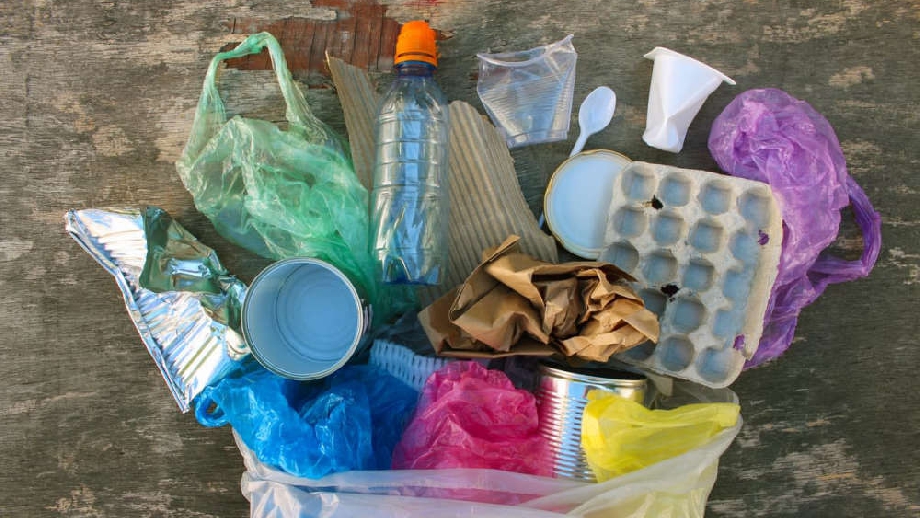
Recycling experts in Rivers State are urging the government to take decisive action on single-use plastics, following the ban in Lagos and Abia States.
The founder of Gowasteline Companies, Bright Lemchi, thinks the state is unprepared for a total ban. He wants the government to start with a comprehensive awareness campaign, robust waste management infrastructure, and consideration for the impact of a ban on businesses reliant on single-use plastics. He argues that a ban, without these, could increase Rivers State’s poverty rate.
Proposing a strategic approach, Mr. Lemchi is advising the government to conduct an extensive awareness program and establish a transition period to help businesses adapt. He suggests promoting alternatives like reusable water cans and advocated for stringent measures against littering to maintain environmental cleanliness.
Echoing Lemchi's sentiments, Iheoma Njemanze, the project coordinator of the Tong Plastic Waste Recycling Project, emphasizes the urgency of the situation. Ms. Njemanze is mindful of the non-biodegradable and carcinogenic nature of single-use plastics, which underscores their detrimental impact on the environment.
To ensure the sustainability of any ban, Ms. Njemanze is proposing a phased approach involving education campaigns and gradual withdrawal of single-use products from the market. She emphasizes the importance of supporting recyclers through taxation of waste producers and subsidies for recycling initiatives, addressing the funding challenges crippling the sector. Ms. Njemanze is also a champion of eco-friendly alternatives such as biodegradable bamboo fiber plates and recyclable jute bags, offering viable solutions to mitigate plastic pollution.
Both experts stress a holistic approach that balances environmental preservation with economic considerations. They believe Nigeria can lead the way to a sustainable future free from plastic pollution. They, however, say it would only happen with thoughtful planning and collaborative efforts.


